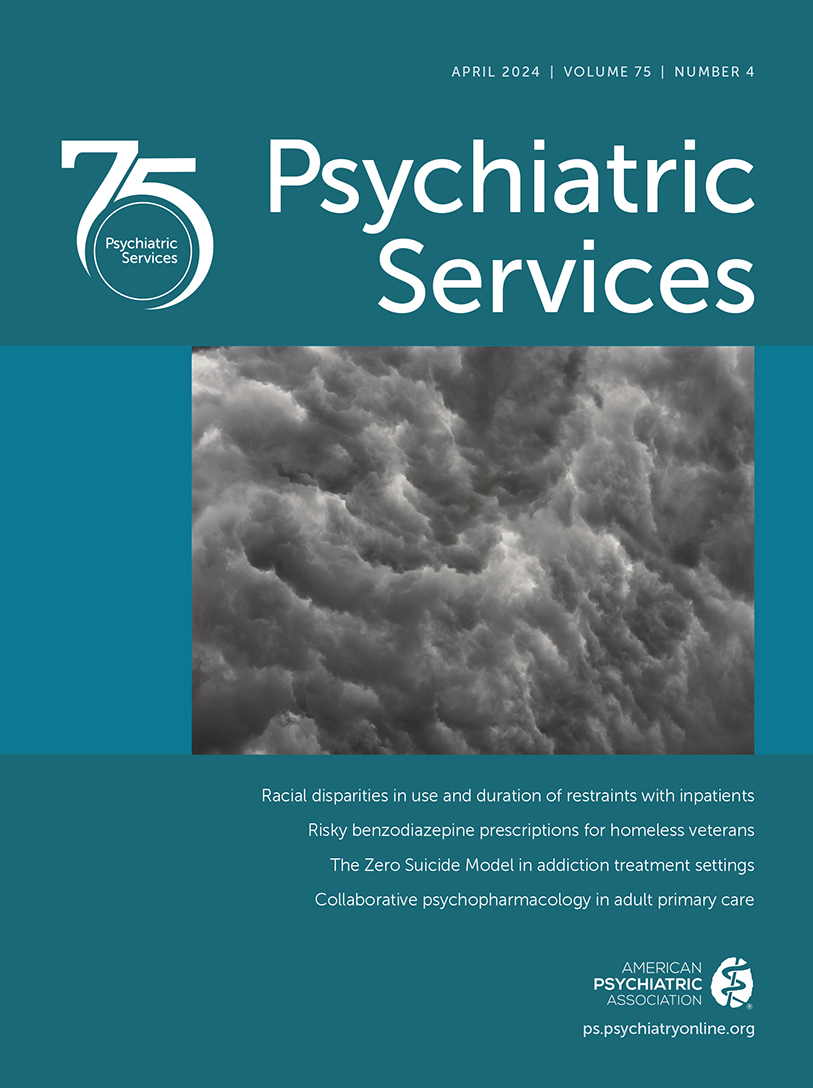Patients’ Suits Against Psychiatrists for Not Preventing the Patients’ Criminal Acts
Abstract
Patients who allege negligent treatment by their psychiatrists can sue to be compensated for the harms they experience. But what if the harms result from a criminal act committed by the patient that the patient claims the psychiatrist should have prevented? A long-standing common law rule bars plaintiffs from being compensated for harms caused by their own wrongdoing. The Supreme Court of Pennsylvania recently considered the scope of this rule in the case of a psychiatric patient convicted of murder. Even when the rule is upheld, various exceptions may exist, and there is pressure to do away with an absolute bar on recovery of damages.
Access content
To read the fulltext, please use one of the options below to sign in or purchase access.- Personal login
- Institutional Login
- Sign in via OpenAthens
- Register for access
-
Please login/register if you wish to pair your device and check access availability.
Not a subscriber?
PsychiatryOnline subscription options offer access to the DSM-5 library, books, journals, CME, and patient resources. This all-in-one virtual library provides psychiatrists and mental health professionals with key resources for diagnosis, treatment, research, and professional development.
Need more help? PsychiatryOnline Customer Service may be reached by emailing [email protected] or by calling 800-368-5777 (in the U.S.) or 703-907-7322 (outside the U.S.).



